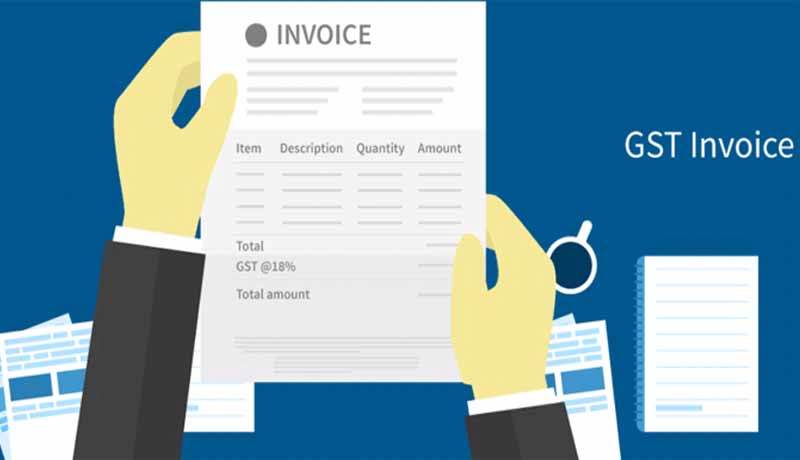No escape for those filing fake GST invoices as Budget 2021 empowers Authority to Attach Assets

The Finance Minister, Nirmala Sitaraman while presenting the Budget 2021-22 urged the provisional attachment of the assets of the individual who has hands behind the bogus GST invoices exceeding Rs. 2 crores.
The Finance minister being very well aware of the impact on revenue collection from those who were indulging in the practice of filing fake invoices to claim input tax credit fraudulently proposed a new provision in the Customs Act (section 114AC) to prescribe penalty in specific cases where any person claims refund of tax or duty discharge, using fraudulent invoices, on exports of goods.”
Section 114C stated that “Where any person has obtained any invoice by fraud, collusion, wilful misstatement or suppression of facts to utilise input tax credit on the basis of such invoice for discharging any duty or tax on goods that are entered for exportation under a claim of refund of such duty or tax, such person shall be liable for a penalty not exceeding five times the refund claimed”.
In order to protect the revenue, it is proposed to provide that the penalty proceedings initiated for fake invoice/sham transactions of more than Rs.2 crore shall also be eligible for provisional attachment of assets.
An invoice can be said to be a fake invoice which usually lacks 16 mandatory fields namely Name, address, and GSTIN of the supplier; Tax invoice number (it must be generated consecutively and each tax invoice will have a unique number for that financial year); Date of issue; If the buyer (recipient) is registered then the name, address and GSTIN of the recipient; If the recipient is not registered AND the value is more than Rs. 50,000 then the invoice should carry the name and address of the recipient, address of delivery, state name, and state code; HSN code of goods or accounting code of services; Description of the goods/services; Quantity of goods (number) and unit (meter, kg, etc.); Total value of supply of goods/services; Taxable value of supply after adjusting any discount; Applicable rate of GST; Amount of tax; Place of supply and name of destination state for inter-state sales; Delivery address if it is different from the place of supply; Whether GST is payable on reverse charge basis; and Signature of the supplier.
In a number of cases booked by the tax authority, fraudsters have been found to have floated multiple dummy firms, obtained GST registrations, issued fake GST invoices of goods and services without actual supply of services, and passed on ineligible ITC accrued from the bogus invoices to clients for a commission, who subsequently used it to make GST payments, causing losses to the government.
For instance, on December 9, the Vadodara tax unit arrested an individual for operating 206 dummy companies in 10 states that illegally passed on ITC of Rs 154 crore to clients by issuing fake invoices of Rs 1,101 crore.


